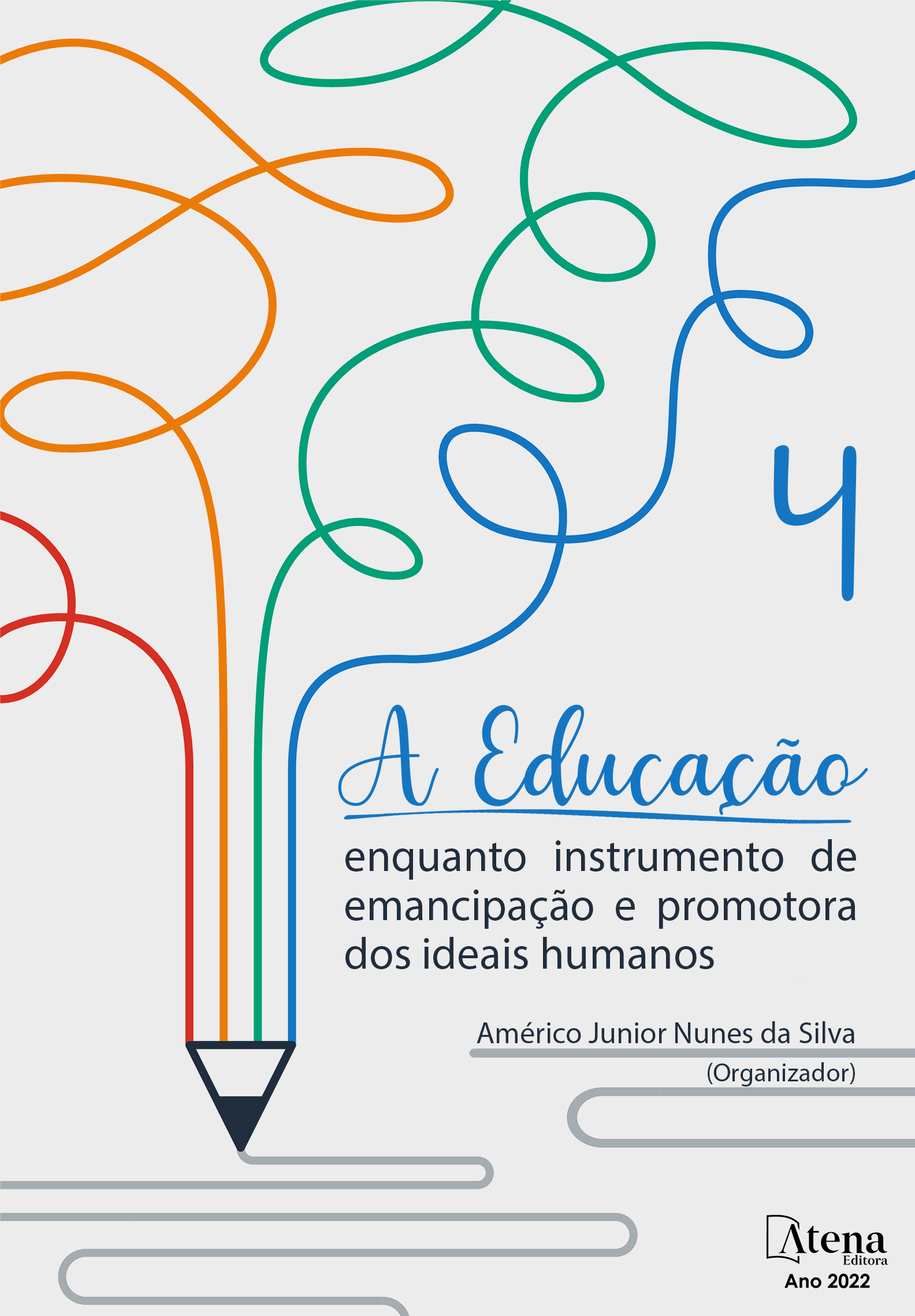
ENSINO DE FILOSOFIA: UMA VOZ QUE NÃO PODE SER SILENCIADA
Este trabalho visa analisar como o Ensino de Filosofia, nas escolas, pode proporcionar um diálogo plural, um ensino que proporcione uma conversação diversificada, onde todas/os possam expressa suas ideias, sem possíveis censuras. Para atingir esse objetivo foi abordado o conceito de diálogo em Gadamer, pois somente com a linguagem podemos ser compreendidos, uma hermenêutica como método, não apenas do que é escrito, mas do outro que utiliza a linguagem para se expressar, tirando da escuridão, do interior da caverna e levando a luz, discentes que não tem voz nem vez, para que tenham espaço não somente para falar, mas, ouvir o outro/a. Para produção de um pensamento crítico é necessário trazer para sala de aula pensadores/as clássicos, como também pensadores/as contemporâneo, para ampliação do entendimento dos temas trabalhados em sala de aula, cabendo ao professor esse diálogo, que não se dá de forma simplista, porém uma mediação entre a tradição filosófica com à realidade que se renova a cada dia. Gadamer propõe, “...só através do diálogo é possível aprender” (GADAMER, 2000, p. 10), o Ensino de Filosofia precisa ser inclusivo, participativo, para tanto é preciso o envolvimento de todos/as envolvidos no processo de aprendizagem, educadores/as e educandos/as. Para estruturar o desenvolvimento do artigo se recorreu ao método hermenêutico.
ENSINO DE FILOSOFIA: UMA VOZ QUE NÃO PODE SER SILENCIADA
-
DOI: 10.22533/at.ed.50922280112
-
Palavras-chave: Ensino de Filosofia, Hermenêutica, Diálogo, Pensamento Crítico, Professor.
-
Keywords: Keywords: Teaching of Philosophy, Hermeneutics, Dialogue, Critical Thinking, Teacher.
-
Abstract:
This work aims to analyze how the Teaching of Philosophy, in schools, can provide a plural dialogue, a teaching that provides a diversified conversation, where everyone can express their ideas, without possible censorship. To achieve this goal, the concept of dialogue in Gadamer was addressed, as only with language can we be understood, a hermeneutics as a method, not only of what is written, but of the other that uses language to express itself, taking it out of the darkness, out of the interior of the cave and bringing light, students who do not have a voice or turn, so that they have space not only to speak, but to listen to the other. In order to produce critical thinking, it is necessary to bring classic thinkers to the classroom, as well as contemporary thinkers, to broaden the understanding of the themes worked on in the classroom. , but a mediation between the philosophical tradition and the reality that is renewed every day. Gadamer proposes, "...only through dialogue is it possible to learn" (GADAMER, 2000, p. 10), the Teaching of Philosophy needs to be inclusive, participatory, and for that it is necessary the involvement of everyone involved in the learning process , educators and students. To structure the development of the article, the hermeneutic method was used.
-
Número de páginas: 9
- Sebastião Mauricio de Melo


